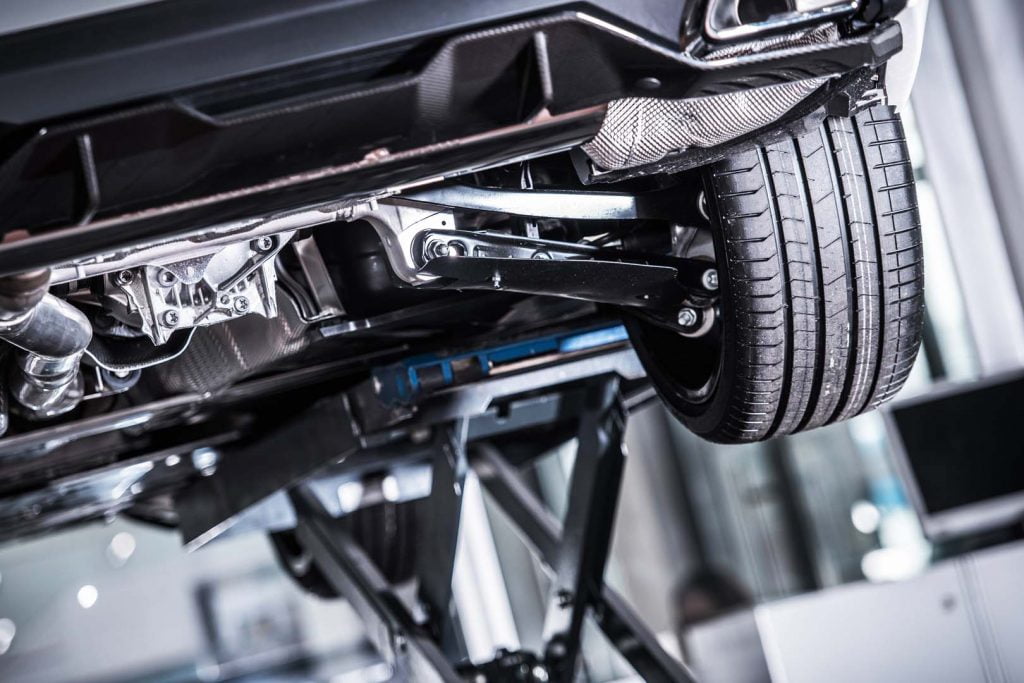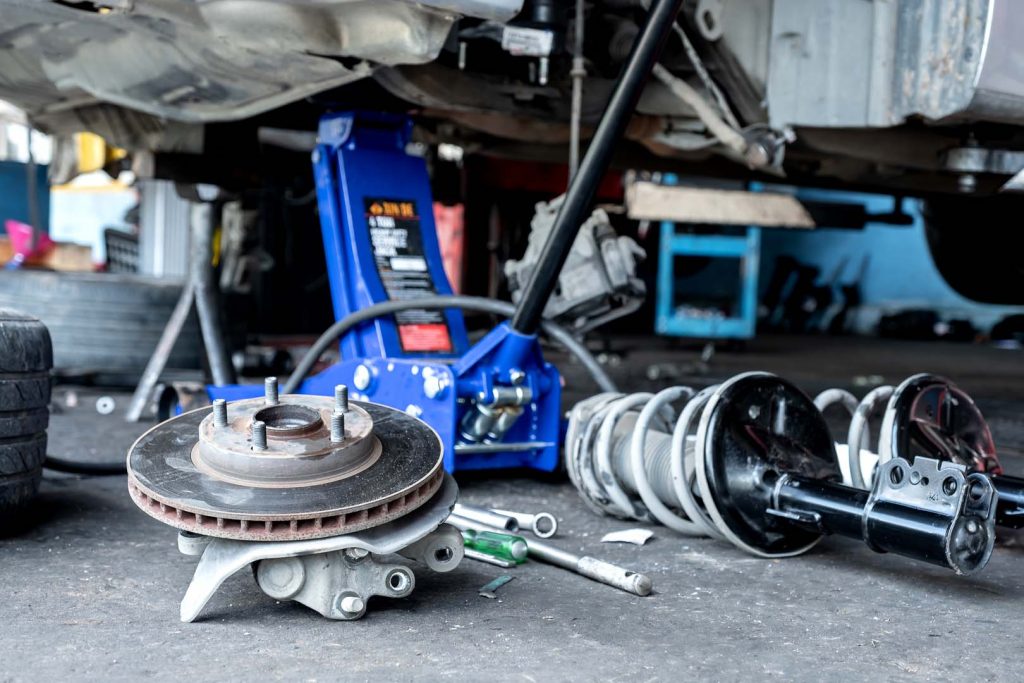Problems with the car brakes are extremely daunting. While driving, if your brakes jam suddenly, you will not know what to do. Brakes are an integral component of every vehicle; hence you should go for a standard maintenance routine to keep it well-functioning. Every movable and immovable part of the braking system has a limited life span. You can get it repaired from the garage for vehicle servicing in Reading for safety.

Common Signals for a Brake Problem
When a car undergoes a brake problem, it shows clear indications. If you take notice of them, you can easily resolve these issues. You can instantly get your car checked by a professional technician to ensure a safe driving experience.
Dashboard warning light
The flashing lights on the dashboard indicate car engine irregularities. There can also be a problem with the electrical components of the car. So, the next time it glows up, consult a mechanic.
Soft Brake Pedal
Problems with the brake pedal include having to stump it hard for it to work properly. If you see that the pedal is sinking to the ground with no resistance, you should stop driving further. When the brake pedals feel soft and sink to the floor, it happens from an internal or external cylindrical leakage.
Metallic Squeal
While applying the brakes, if you notice a mechanical squeaking or a piercing noise, take it for servicing. The sound can happen from the indicators of the brake pad wear. This means that your brake pads have worn out, and you should replace them.
Vibration
If your car vibrates while applying the brakes, it indicates a serious problem. The mechanics can check and rectify the issue.

Car tugging in a direction
This is a significant red flag of a pending car brake problem. It is a calliper problem with one calliper applying more pressure than the other. As a result, the car will stop being unbalanced or tug in another direction.
Car Brake Maintenance Tips
- Get the brakes of your car inspected at routine intervals.
- Ask the mechanic to check the brake pads and the rotors thoroughly.
- Flush the brake fluid since it plays an important role in the smooth functioning of the car brakes. It absorbs water and transfers heat to all parts of the braking system. If the fluid turns dark in colour, replace it.
- Experts suggest changing the brake fluids after driving 25,000 miles.
- Avoid riding on the brakes. Put pressure softly, with moderate pressure and then release the brakes to cool. If you ride the brakes, it can get overheated.
- Consider downshifting as it will save your car brakes. You can do this when the traction condition is fine.
- Always keep your brake and wheel systems clean. Clean brakes function efficiently and also keep the temperature down.
- Try bleeding the system to remove air from the brake lines. The mechanics do this by adjusting the bleeder valve while depressing the brake pedal.
- Replacing and upgrading the braking system is necessary to avoid potential problems. The mechanics will conduct a thorough diagnosis of the brakes, drums, callipers, rotors to ensure they operate smoothly.
Consult RJC Motors for high standard vehicle servicing, repair and maintenance services. The skilled mechanics conduct full car diagnoses to make you feel confident and safe behind the wheel.
